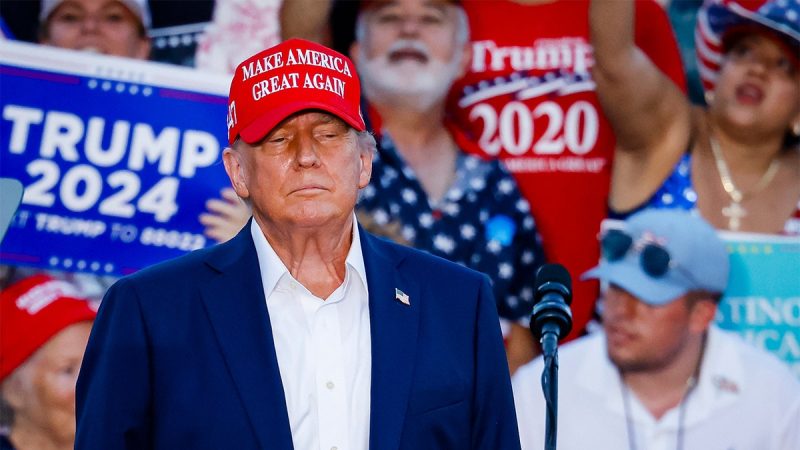Social media platforms have become integral in shaping public discourse, but their power to censor individuals has sparked debate. Donald Trump, the former President of the United States, has been at the center of these controversies, as several social media platforms have taken actions to ban him from their networks.
Twitter, one of the most popular social media platforms worldwide, permanently suspended Trump’s account in the wake of the Capitol riot on January 6, 2021. The platform cited the risk of further incitement of violence as the reason for their decision to ban him. Despite being a prolific user with millions of followers, Trump’s account was deemed a liability due to his inflammatory posts that allegedly violated Twitter’s policies.
Facebook and Instagram, both owned by Meta Platforms Inc., decided to indefinitely suspend Trump’s accounts following the Capitol riot. The company’s CEO, Mark Zuckerberg, explained that allowing Trump to continue using their platforms posed a risk to public safety. Despite facing criticism for their role in the spread of misinformation and hate speech, Meta took a firm stand against Trump, highlighting the potential consequences of his unchecked presence on their platforms.
Snapchat, another prominent social media app, announced a permanent ban on Trump’s account. The platform’s decision was based on concerns about the spread of misinformation and the potential for incitement of violence through Trump’s posts. By removing him from their platform, Snapchat sent a clear message about their commitment to combating harmful content and ensuring user safety.
YouTube, the video-sharing platform owned by Google, took action against Trump by suspending his channel for violating their policies on incitement to violence. Despite being a vital tool for Trump to communicate with his supporters, YouTube prioritized upholding their community guidelines and preventing the dissemination of harmful content on their platform.
The de-platforming of Donald Trump by major social media networks has raised complex questions about free speech, accountability, and the influence of public figures online. While some view these bans as necessary measures to prevent the spread of misinformation and incitement to violence, others argue that such actions set a dangerous precedent for silencing dissenting voices.
As the role of social media in shaping public discourse continues to evolve, the decisions made by platforms regarding the banning of prominent figures like Trump serve as a reminder of the power they wield in controlling online narratives. The ongoing debate surrounding these bans underscores the need for transparency, accountability, and thoughtful regulation to ensure a balanced and inclusive digital landscape.

